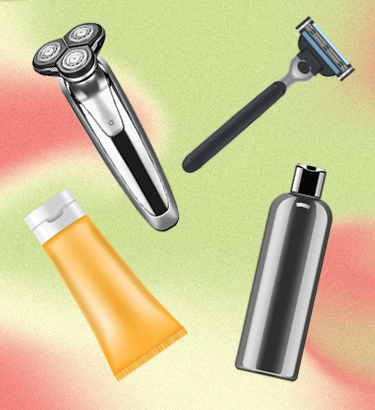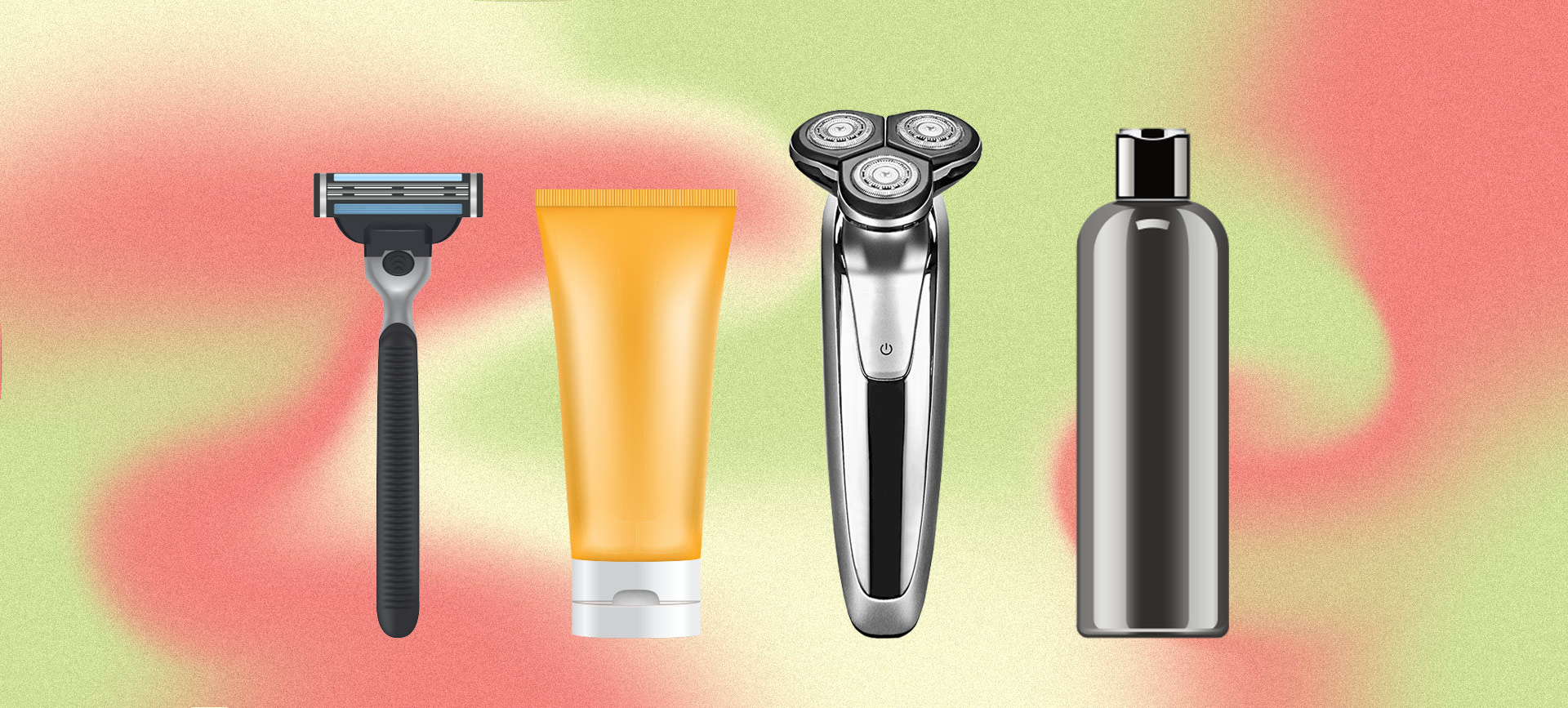As a partner, it’s good to be able to differentiate hygiene issues from potential health problems.


Health and Hygiene of the Penis: A Visitor's Guide
In an ideal world, frank and nonjudgmental sex education would be the norm. This sadly isn’t the case in dozens of U.S. states, which still enforce a fear-based approach as opposed to a practical, pleasure-focused stance.
As a result, conversations about sexual health can feel sensitive and tricky to navigate, which becomes an issue when barriers to health care are factored in. Not everyone has access to insurance, for instance. So, as a visitor, it’s helpful to understand common penile health issues and how to discuss them with care.


Like the rest of our bodies, penises require regular maintenance to stay fresh and clean. As a partner, it’s good to be able to differentiate hygiene issues from potential health problems, and there are red flags to look out for. “Similar to eyelid skin, the skin on the penis should be smooth, soft and supple,” explained Los Angeles urologist Paul Turek, M.D. “A healthy penis should not have any sores, pimples, warts or ulcers, and outside of ejaculation, there should be no murky discharge coming from the urethral tip.”
While these may all be STD symptoms, a handful of other issues are usually hygiene-related, such as a buildup of smegma—the clinical term, but you might know it colloquially as “dick cheese.” This thick, white substance is a combination of oil and dead skin cells that accumulates underneath the foreskin, making it more common among uncut penises. It’s not usually a sign of infection, but it can lead to inflammatory skin conditions and strong, unpleasant smells if left untreated.
Despite the popularity of pimple-popping videos—prevalent enough to warrant their own study, published recently in Behavioral Brain Research—you should avoid squeezing anything you find during your visit. “If there’s a spot down there, no matter how tempting it is, you should try to avoid popping it,” explained Shirin Lakhani, M.B.B.S., intimate health specialist and founder of Elite Aesthetics. “Doing so can result in pushing bacteria further into the skin, spreading infection or worse.” Stick to YouTube if you really need your fix.
'Similar to eyelid skin, the skin on the penis should be smooth, soft and supple.'

Social stigma makes it hard to talk about intimate health and safer sex, but a 2017 study published in the SAGE Health Education Journal spawned a handy tip: Watch shows that address these topics with your partner. Media can be a kind of conversational lubricant, so don’t be afraid to buckle up and watch romantic comedies, sex-ed shows or porn (always with a grain of salt—porn is fantasy, not a sex-ed substitute) with your partner.
Even discussions of grooming and hygiene can be worked around. “A shower is fabulous foreplay,” said Carol Queen, Ph.D., staff sexologist at Good Vibrations, a San Francisco sex store chain. “It’s OK not to be sneaky about it—'let's hop into the shower before we get to it, so we’re both nice and clean, and we can really explore each other.’” Timing is important, so have these conversations beforehand to avoid flagging any smegma issues while you’re mid-blow job.
Finally, Queen advised talking more generally about societal stigma. This way, you’ll find a partner on the same page and normalize conversations about topics such as sexual pleasure, health and safety from day one. "Normal" looks different for every sexual pairing—if you lay the foundations for this communication before you take a trip down south, you’ll likely alleviate any awkwardness before it appears.

Journalist Mark Simpson coined the term 'metrosexual' in a 1994 Independent essay titled 'Here Come the Mirror Men.'


In a recorded interview for London’s Vagina Museum, sex historian Kate Lister conjured up tales of pubic hair wigs to prove that genital grooming has long been a controversial topic. Whereas women have been expected to keep up with porn trends, master "landing strips" and pluck themselves bare, men have comparatively managed to escape scrutiny. Thanks to the rise of "manscaping," widely used media terminology for "male body grooming," this is no longer the case.
The internet is now awash with downstairs grooming guides, thanks to the rise of "metrosexuality," a portmanteau of "metropolitan" and "heterosexual" coined by journalist Mark Simpson in 1994. Before this, male grooming products had largely been marketed to gay men, stereotyped as an image-conscious demographic with disposable income by brands throughout the 1980s and early '90s. Brands now encourage all men to tame, trim and sculpt their hair downstairs. One UK razor manufacturer even coined custom descriptors like “woolly mammoth” (“full bush”) and “Boyzilian” (“all-over trim, tidy and detangle”).
These days, Lakhani said people with penises increasingly “opt to remove their pubic hair,” following the trademark bare aesthetic seen in porn. There’s no problem if this is your partner’s style, but Lakhani warned that excess interference down south can cause issues such as “acne and ingrown hairs,” which can become “itchy, infectious” and prone to extreme irritation during regrowth. When it comes to penile grooming, the trick is to not overdo it—a little hair never hurt anyone.
'The penis is extremely sensitive to the overall health of its owner.'

Sexual health is a shared responsibility, so getting tested for STIs and attending intimate health appointments together can break the ice around otherwise fraught conversations. “For people who don’t want to get tested for STIs, I like to just recommend barriers,” said Queen, alluding to preventative tools such as condoms and dental dams. “It normalizes them and makes the conversation actually easier.”
For some partners, it’s not a case of not wanting to get tested, it’s a case of not being able to access health insurance. Nonprofit organizations such as the National Coalition for Sexual Health have recognized these barriers and remedied them with comprehensive, free online resources. If you are attending screenings, it’s important to understand healthcare bias, especially if you or your partner belongs to a marginalized group.
Finally, Turek advised a holistic approach, stating that sexual function or health problems can be indicative of wider, sometimes mental challenges. “The penis is extremely sensitive to the overall health of its owner,” he explained. “High blood pressure, cholesterol, diabetes, obesity and coronary heart disease will cause erectile dysfunction long before they become otherwise symptomatic in the form of heart attacks or strokes.” In other words, learning to navigate stigma around discussions of sexual health isn’t just key to good relationships; it’s key to good health overall.

High blood pressure, cholesterol, diabetes, obesity and heart disease will cause erectile dysfunction long before they become otherwise symptomatic in the form of heart attacks or strokes.









